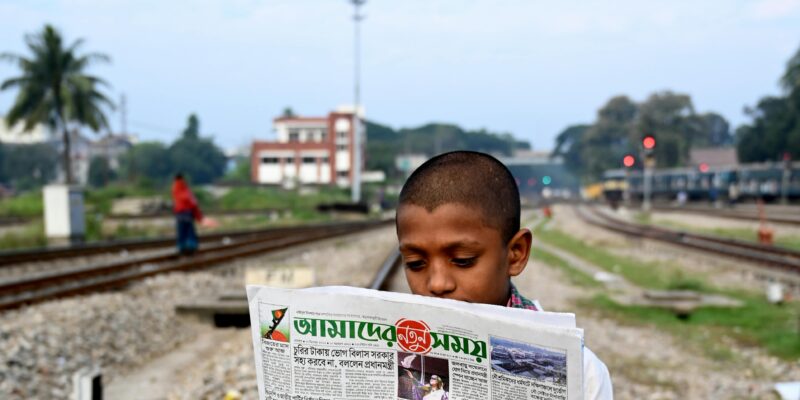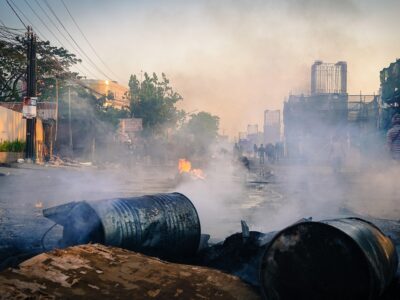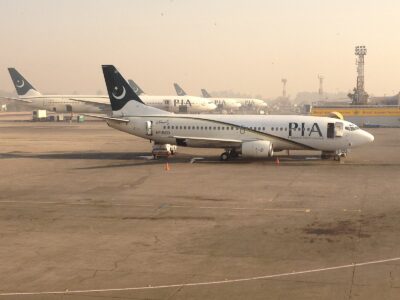06-02-2025
Danielle Castano
Bangladesh Campaign Team,
Global Human Rights Defence
On Wednesday, February 5th, 2025, journalists were attacked at the Supreme Court during a verdict acquittal. The trial acquitted all individuals involved in the assassination attempt of Sheikh Hasina at the Ishwardi Railway Station in Pabna in 1994. The journalists gathered outside the Annex building to hear from the defence lawyers of the case when more than 100 members of the Bangladesh Nationalist Party (BNP) started a commotion (Dhaka Tribune, 2025). Journalist Zabed Akhter from ATN News was injured during the attack and taken to the hospital. When the journalists protested, the members attacked them, and at least ten journalists were harmed during the attack (The Report, 2025). In response to the attack, the journalists staged a sit-in near the Annex building and demanded accountability.
The attack near the Supreme Court follows a series of attacks on journalists in Bangladesh, signaling concerns surrounding freedom of speech in the country. In two days, over 20 journalists were attacked in Bangladesh (The Report, 2025). Before the interim government took over, the media was seen as an extension of the government. Over time, Sheikh Hasina’s administration took control of the media by providing licenses to television channels that supported the government’s narrative (Alam, 2024). During the protests against Hasina in July, attacks on journalists reached concerning levels, with at least two hundred journalists injured during the demonstrations and five lost their lives (Mahatole, 2024). Laws such as the Digital Security Act were passed that silenced government dissent and criticism.
It may be too soon to know if the rights of journalists will improve under the current interim government led by Muhammad Yunus. He has vowed to uphold free press in the country, and his administration created a panel to monitor the harassment of journalists. Shortly after, the Press Information Department revoked the press accreditation of more than 160 journalists for supporting the previous regime (Reporters Without Borders, 2024). Journalists are allowed to continue working without the press accreditations. However, they are not allowed to enter official press conferences and government offices. There have also been reports that journalists who supported Hasina’s administration are losing their jobs under the current administration (Ahmed, 2024). Organizations such as Transparency International Bangladesh and Reporters Without Borders have commented that the stripping of press accreditations is a threat to the free press and encourages self-censorship.
Sources and further reading:
Ahmed, T. (2024). Bangladesh: Are human rights eroding under Muhammad Yunus? – DW – 12/30/2024. Retrieved from https://www.dw.com/en/bangladesh-are-human-rights-eroding-under-muhammad-yunus/a-71185927
Alam, S. S. (2024). The regime changed in Bangladesh. can the media change too? Retrieved from https://www.cjr.org/analysis/the-regime-changed-in-bangladesh-can-the-media-change-too.php
Dhaka Tribune. (2025). Retrieved from https://www.dhakatribune.com/bangladesh/nation/365695/bnp-leader-accused-of-threatening-journalist-over
Mahatole, S. (2024). 5 journalists killed, dozens injured covering Bangladesh protests. Retrieved from https://www.voanews.com/a/dozens-of-journalists-injured-covering-bangladesh-protests/7751744.html
The Report. (2025). Wave of attacks on journalists across Bangladesh: Over 20 reporters injured in 2 Days. Retrieved from https://thereport.live/bangladesh/journalists-brutally-attacked-across-bangladesh-a-growing-crisis-for-press-freedom/33878
Reporters Without Borders. (2024). More press freedom violations in Bangladesh although panel created to monitor harassment of Journalists. Retrieved from https://rsf.org/en/more-press-freedom-violations-bangladesh-although-panel-created-monitor-harassment-journalists








Comments